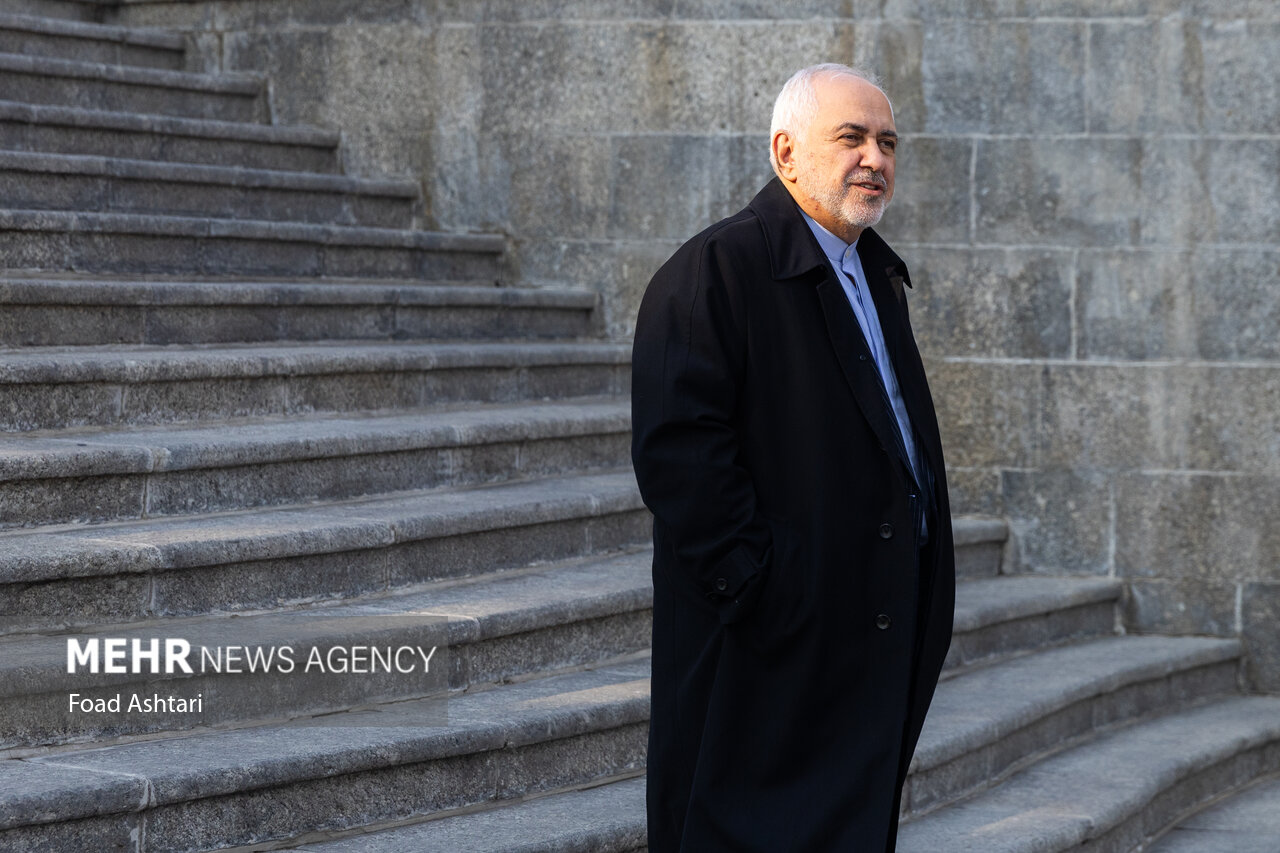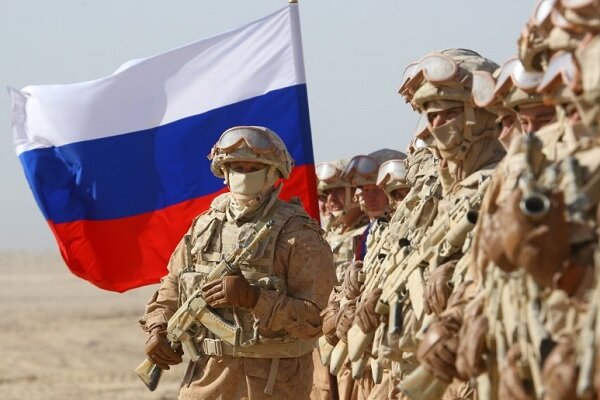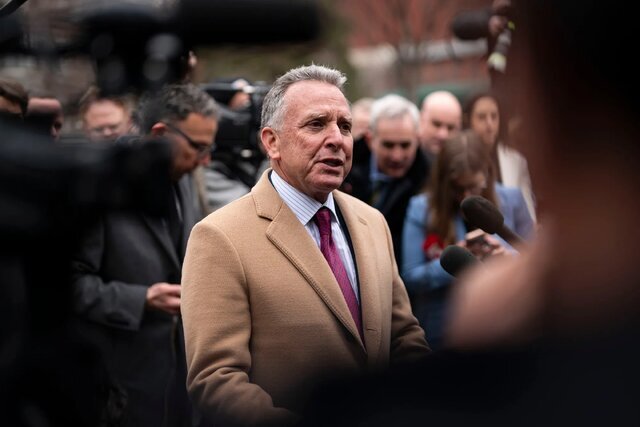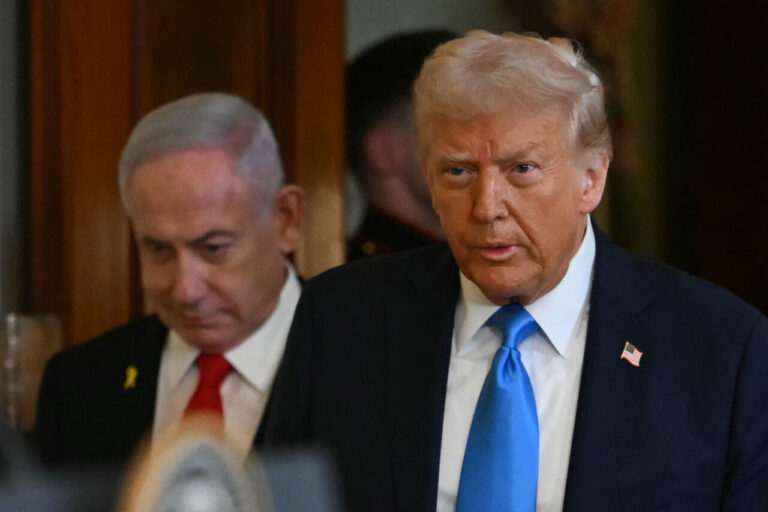Iran’s Zarif: Lifting Sanctions, Not US Negotiations, is Key to Solving National Issues
The recent statements by Iranian officials, particularly Foreign Minister Mohammad Javad Zarif, have raised significant discussions about Iran’s relationship with the United States and its commitment to non-proliferation of nuclear weapons. In his remarks, Zarif expressed skepticism about any hope for cooperation with the US, emphasizing that the Iranian government is focused on removing barriers that hinder its progress.
In a notable declaration, the Leader of the Islamic Revolution, Ayatollah Seyyed Ali Khamenei, has issued a religious decree that explicitly prohibits the production and use of atomic bombs. This statement reinforces Iran’s long-standing position against nuclear weapons, as Zarif reiterated the nation’s commitment to this stance. He called on the United States to lift its sanctions and halt actions that are detrimental to Iranian national interests.
Addressing the current administration’s position regarding the Financial Action Task Force (FATF), Zarif noted that Iranian authorities are actively discussing the Palermo Convention and the Convention on Terrorism. He criticized individuals who assert that these international issues do not impede Iran’s international exchanges, arguing that such claims reflect a lack of understanding of the complexities involved.
Key points from Zarif’s statements include:
- Zarif emphasized that FATF restrictions significantly impact Iran’s ability to engage with other nations.
- He highlighted that both sanctions and FATF regulations serve as obstacles to Iran’s international interactions.
- Iran is making strides in implementing regulations to combat money laundering, which is often associated with illicit activities such as drug trafficking and human trafficking.
In addition to discussing sanctions and FATF, Zarif announced his upcoming trip to Iraq. He is scheduled to participate in a seminar on Wednesday afternoon, following an official invitation from Ammar Hakim, the leader of the Iraqi National Wisdom Movement. This visit underscores Iran’s ongoing diplomatic engagements in the region, despite the challenges posed by external pressures.
As the situation develops, it remains crucial to monitor how these diplomatic efforts will evolve in the context of Iran’s international relations and its commitment to nuclear non-proliferation. The discussions surrounding FATF and sanctions continue to be pivotal in shaping Iran’s economic and political landscape.
Overall, Zarif’s statements serve as a reminder of the intricate dynamics at play between Iran and the United States, and the broader implications for regional stability and international cooperation.
In conclusion, Iran’s government, under the guidance of its leaders, emphasizes a path towards removing barriers and fostering international relations while maintaining a firm stance against nuclear armament. The ongoing discussions around FATF and sanctions highlight the challenges that Iran faces in navigating its international obligations and aspirations.






